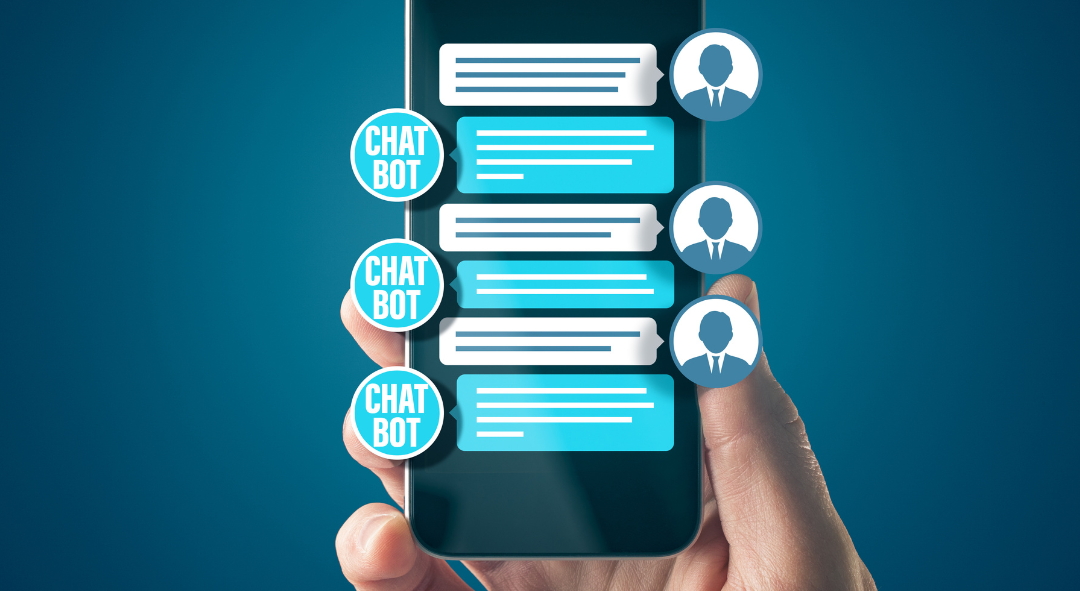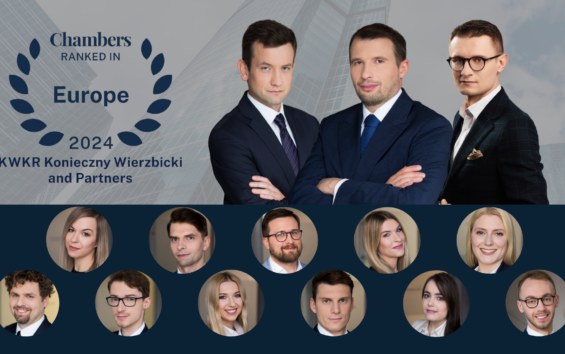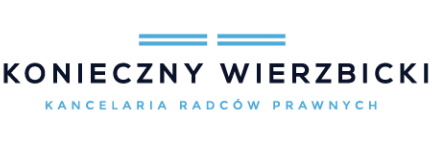
Over the past few months, we have praised the words “artificial intelligence” or “ChatGPT” through all cases. No wonder – the tool created by Open AI is used by representatives of many industries – especially creative ones. The spectacular popularity of Chatbot has aroused numerous discussions devoted to the possibility of replacing employees with this very type of tool. Abstracting from these considerations – it is worthwhile to lean on the issue of copyright to the content created by this tool. When creating graphics and texts with the help of AI (artificial intelligence), can we really call ourselves their authors?
How does ChatGPT work?
To begin with, however, let’s explain how the Open AI tool works. What databases does the bot operate on, and how does it expand access to the information on the basis of which it provides us – the users – with answers?
The GPT chatbot is a language model (LLM – Large Language Model) that uses the information contained in its databases to match a user’s query with the highest probability. The phrases that make up the answer the tool receives are like puzzle pieces that, based on a huge amount of computation, the AI adjusts to fit together in a way that resembles the layouts in the databases as much as possible. Numerical models also include DALL-E or Midjourney – other popular tools with the help of which AI generates images and graphics for us. All of these models use deep machine learning – the use of statistics, mathematics or probability calculus, for example, to train the AI. We are already using action based on predicting the next elements of a query in search engines or auto-correct messages, among others.
Does artificial intelligence understand what it is writing about?
An important issue to raise is the lack of understanding of the information being asked by models such as Chat GPT. The bot makes calculations designed to break down the user’s question as precisely as possible. It answers the question “which phrase is more likely to be asked next?” rather than “what does the question asked mean?”. This is because the AI does not understand the meaning of the question asked, just as an Internet search engine does not fully recognize the phrase we type in. The model does not have its own memory. Rather, it relies on constantly updated (through new queries by hundreds of thousands of users using the Open AI tool) information, which is constantly expanding the database of, for example, ChatGPT. The probability of receiving a particular piece of information increases in direct proportion to the number of queries from other users on a given topic. This program does not tell us anything new about the world – it creates texts similar to others with which it is already familiar. Statistics are crucial in this case.
An attempt to define AI
There is no clear definition of AI in Polish or European law. According to the definition of the World Intellectual Property Organization (WIPO), AI is a branch of computer science focusing on the development of systems and machines that will be able to take on tasks where (initially) human presence was required. By constantly improving and providing AI systems with new data so that they don’t have to be programmed, but instead adjust the appropriate elements of the response on their own – we can talk about the imitation of biological cognition. The EU’s draft Artificial Intelligence Act, on the other hand, attempts to define the term “artificial intelligence system,” which means software developed using a technique specified therein that can – for a given set of human-defined purposes – generate results, such as content, predictions, recommendations or decisions that affect the environments with which it interacts.
An analysis of the various attempts to capture artificial intelligence in a rigid definitional framework makes it possible to provide a simplified definition of the concept, according to which artificial intelligence is software (a system) that enables it to perform tasks that require a learning process and adapt to changing circumstances while solving a problem. Such software, depending on its configuration, can operate independently or interact with the environment.
Can an AI be considered a creator under copyright law?
Under the current legal order, there is no doubt that AI cannot be considered a creator within the meaning of copyright law.
After all, we can only call a work a work as a result of creative work of a human being. According to Article 1 of the Copyright Act – it is any manifestation of creative activity of an individual character, established in any form, regardless of value, purpose and manner of expression.
As Prof. Ryszard Markiewicz (Faculty of Law and Administration, Jagiellonian University) points out, “typing in words, based on which the program will generate an image, does not result in the creation of a work, and therefore is not subject to copyright protection either.”
Copyright and AI tools (a solution for the future)
There is currently an intense discussion in the world about regulating the status of AI systems.
Among many intriguing concepts, there are some (such as Y.R. Shlomit’s concept) that propose to consider a robot as a creative employee or contractor “hired” by the user (a copyright model based on Work Made for Hire – a work created by an employee in an employment relationship).
According to this concept, the copyright to the results created by AI would then belong to the entities (e.g., corporations) that use and benefit from AI systems on a daily basis. The entities working on such tools would then be responsible for the results of their work – just as they would be for a hired employee.
Another interesting idea for AI “creations” comes from V.M. Palace, who raises the argument of freeing this content and putting it into the public domain – like much content or software that we can download and use without paying a fee under property copyright law. An important issue, however, would be the separation of copyrighted data, which, after all, also saturates the AI tool base. The use of content – created with the help of models – based on copyright works would certainly create many legal problems and ambiguous disputes.
It is also worth mentioning the idea of creating a separate system of regulations reserved exclusively for robots and AI. In such a case, all AI authorial output would be accounted for, taxed and regulated with the help of separate guidelines. The idea of S. Wojtczak and P. Księzak would also assume the creation of a separate international foundation dedicated only to AI, to which all property copyrights related to this sphere would belong. This solution does not put SI in “today’s framework”, but rather attempts to separate and “describe the existing state of affairs”.
This does not change the fact that under the current Polish law, a work can only be a manifestation of creative human activity. Consequently, a work created by an artificial intelligence (even to some extent autonomous) is not a work at all at this point and is not subject to protection under Polish law. Nevertheless, artificial intelligence can serve as a tool for the creator to create a work, provided that it makes an appropriate creative contribution.
Summary
It is impossible to describe all the concepts and disputes concerning AI’s legal and copyright dilemmas. This subject area – like artificial intelligence itself and tools based on its resources – is expanding all the time. Certainly, specific legal regulations defining and embedding tools based on, for example, language models into the contemporary scope of copyright law would be of great value. We will certainly have to wait for a solution to the numerous dilemmas related to the use of artificial intelligence in the creative process. We are left to patiently follow developments. In the meantime, creativity subject to copyright protection remains the domain of humans, although a work created using artificial intelligence will not always be eligible for copyright protection as if it had been created by humans themselves.

